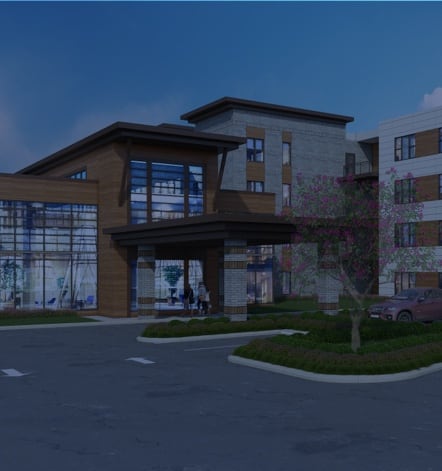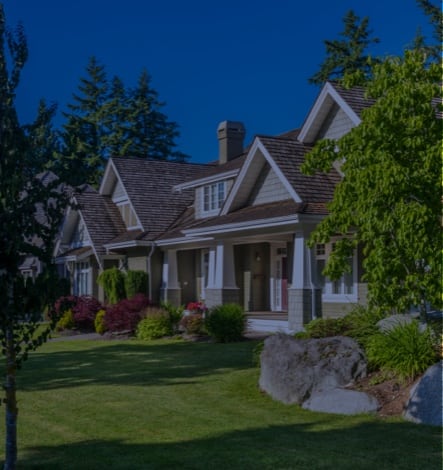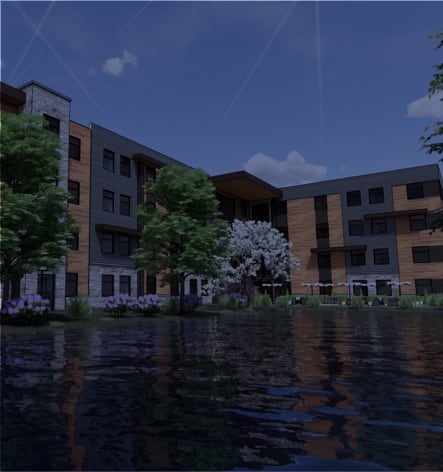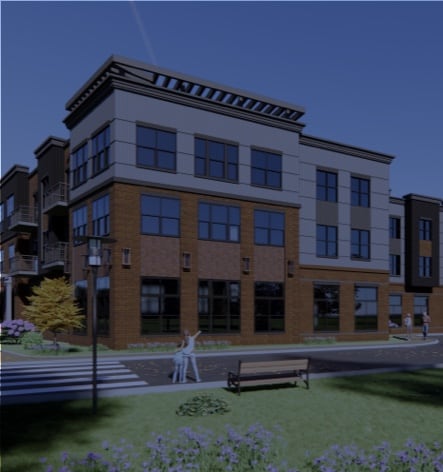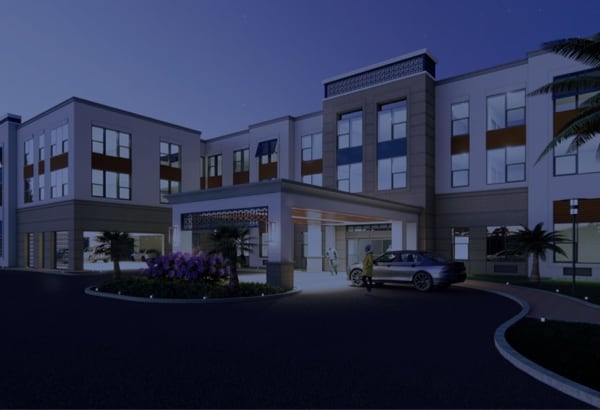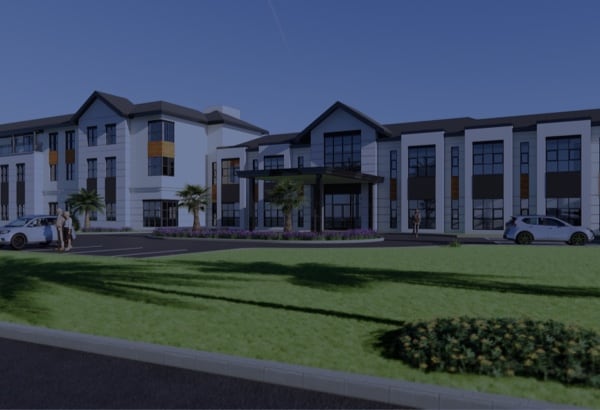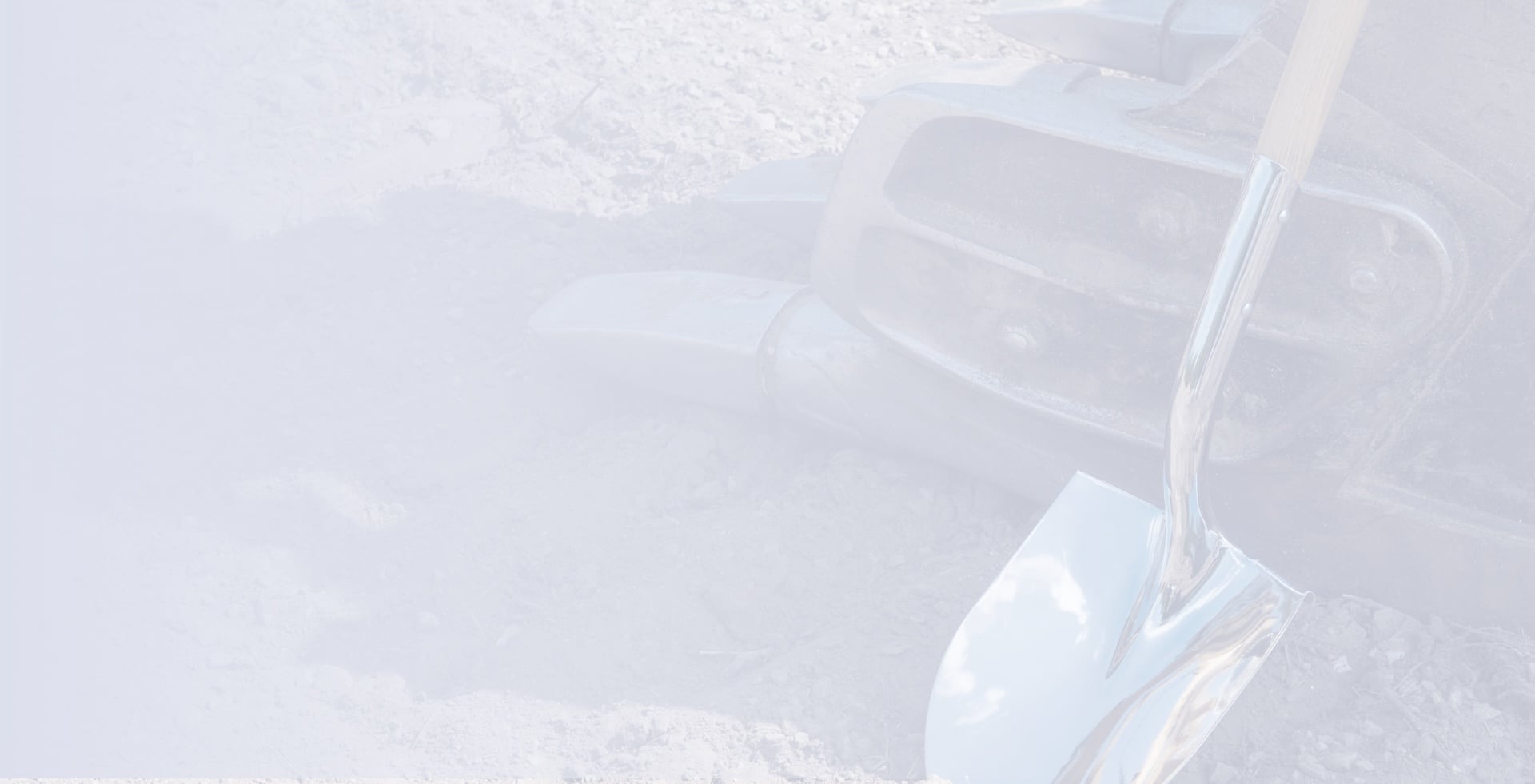Owning a nursing home is more than a real estate investment—it’s a long-term commitment to providing care, building community, and improving lives. For many, the decision to get involved in senior living is personal.
Whether you’re an entrepreneur looking for your next business venture, a healthcare professional expanding your footprint, or a developer exploring purpose-driven real estate, the path to ownership involves several key steps.
The steps to owning a nursing home include understanding licensing requirements, securing financing, choosing an operational model, hiring qualified staff, and maintaining regulatory compliance. It also means developing a care philosophy that prioritizes dignity, safety, and long-term sustainability.
Done well, owning a nursing home is a meaningful way to support older adults and make a lasting impact in the communities you serve.
Key Takeaways
- Nursing homes provide licensed, 24/7 skilled care for individuals with complex medical needs, including rehabilitation and post-acute services.
- Ownership requires regulatory licensing and compliance at both the state and federal levels, particularly for Medicare/Medicaid certification.
- Startup costs can be significant, with funding often sourced from SBA loans, private equity, or healthcare partnerships.
- Operators can choose between managing the facility themselves or partnering with a professional third-party operator to run day-to-day operations.
- Successful ownership depends on strong staffing, smart location strategy, and community engagement, all backed by a long-term sustainability plan.
Done well, owning a nursing home is both a sound investment and a meaningful way to contribute to senior care and quality of life.
What Is a Nursing Home?
A nursing home—also known as a skilled nursing facility—is a licensed care environment where older adults and individuals with complex health needs receive round-the-clock medical supervision and support.
These communities are distinct from assisted living because they provide clinical care on-site, often including:
- Skilled nursing
- Medication management
- Rehabilitation therapies
- Post-hospital care
- Support with activities of daily living
Nursing homes are staffed with licensed professionals, including registered nurses, licensed practical nurses, and certified nursing assistants, all operating under strict regulatory oversight.
The Big Picture: What It Means to Own a Nursing Home
Owning a nursing home means taking responsibility for both the business and care aspects of the community. This includes:
- Overseeing operations (or partnering with a management company)
- Ensuring compliance with state and federal regulations
- Maintaining the physical building, property, and equipment
- Hiring qualified staff
- Supporting residents and families throughout their care journey
Whether you’re purchasing an existing facility or building a new one, ownership involves more than financing—it’s about building a safe, sustainable, and compassionate environment for care.
What Costs Should You Expect When Starting a Nursing Home?
Before launching a nursing home, it’s essential to plan for significant start-up costs. These may include:
- Property acquisition or construction
- Renovation and safety upgrades
- Clinical and administrative equipment
- Technology and software systems
- Staffing and training
- Licensing and legal fees
Expert financial analysis can help you understand the financial needs of your business to aid in better decision-making.
How to Fund the Project
Many nursing home owners rely on a combination of:
- Small Business Administration (SBA) loans or commercial healthcare lenders
- Private equity partnerships
- Joint ventures with medical groups or nonprofit health organizations
Keep in mind that you’ll need sufficient capital not only to launch but also to sustain operations while building census and payer mix.
What Requirements & Licenses Are Needed to Own a Nursing Home?
Nursing homes are highly regulated entities. If you plan to accept Medicare or Medicaid, you must comply with both federal and state regulations.
Requirements typically include:
- State licensing from the department of health
- Medicare/Medicaid certification via Centers for Medicare & Medicaid Services (CMS)
- Routine surveys and inspections
- Life safety code compliance
- Detailed policy and procedure documentation
Ongoing Compliance Responsibilities
Once licensed, you’ll need to maintain documentation, respond to surveys, and ensure continuous training for staff to stay compliant with evolving standards.
What Are the Different Ownership Models for a Nursing Home?
Owner-Operator
If you plan to manage the community yourself, be prepared to oversee:
- Clinical staffing
- Compliance and billing systems
- Resident care planning
- Daily facility management
This model allows for full control but also comes with greater liability and operational complexity.
Owner + Third-Party Operator
Many owners partner with professional operators who specialize in senior living. This allows you to focus on ownership and investment, while day-to-day operations are managed by an experienced team.
Considerations when selecting a management partner:
- Their track record in skilled care
- Staff training and culture
- Technology integration
- Compliance and quality scores
- Transparency in financial reporting

How Do You Build Strong Staffing in a Nursing Home?
At a minimum, a nursing home must include:
- A licensed administrator
- Director of nursing (DON)
- RNs, LPNs, and CNAs
- Dietary staff
- Social workers
- Physical, occupational, and speech therapists
- Housekeeping and maintenance personnel
Supporting Staff Success
Reducing turnover starts with a clear culture of support, ongoing education, and leadership development. The care environment you create will directly impact resident outcomes and staff satisfaction.
How Do You Choose the Right Location for a Nursing Home?
A successful nursing home starts with a solid understanding of the local market. Key factors to assess include:
- Demand for long-term or post-acute care
- Local hospital and rehab partnerships
- Competitor performance
- State Medicaid reimbursement rates
- Access to qualified staff
Rural vs. Urban Considerations
Rural markets may offer less competition and a steady Medicaid census, but could face hiring challenges. Urban and suburban areas may have more referral networks, but may face increased regulatory scrutiny and competition.
How Do You Build Trust & Visibility for Your Nursing Home?
Word of mouth and reputation are essential in long-term care. Families are more likely to choose a nursing home that:
- Has positive reviews from real residents and families
- Is visible and active in the community
- Communicates openly and clearly
- Offers clear points of contact and responsiveness
Strategies for Local Engagement
Becoming active and involved in the community can have many benefits to the success of your nursing home.
You can try:
- Hosting caregiver support groups or educational seminars
- Partnering with local hospitals and rehab clinics
- Engaging faith organizations and local volunteers
- Collaborating with nearby schools for intergenerational programs
These connections help keep your census strong and your reputation solid.
How Can You Ensure Long-Term Sustainability & Growth?
Owning a nursing home is a long-term plan. Strategic planning for sustainability includes:
- Diversifying your service offerings (e.g., short-term rehab)
- Strengthening referral pipelines
- Investing in health IT and fall detection technology
- Ongoing quality improvement programs
- Tracking KPIs like readmission rates, satisfaction scores, and staff turnover
Future-Proofing the Business
The skilled nursing landscape continues to evolve, with rising acuity, shifting regulations, and increasing demand for transparency. Owners who adapt early—with the right partners and systems—are best positioned to thrive in this space.
Looking for a Partner in Skilled Nursing Development?
Distinctive Developments works with mission-driven investors, healthcare organizations, and real estate developers to build and support senior care communities that prioritize compliance, care, and community. From licensing to operations, our team helps turn long-term care visions into successful, sustainable realities.
Our company offers the solutions you need to build a successful senior living community. We’re here to assist you every step of the way. Connect with us today to learn more about how we can build a thriving community together.








